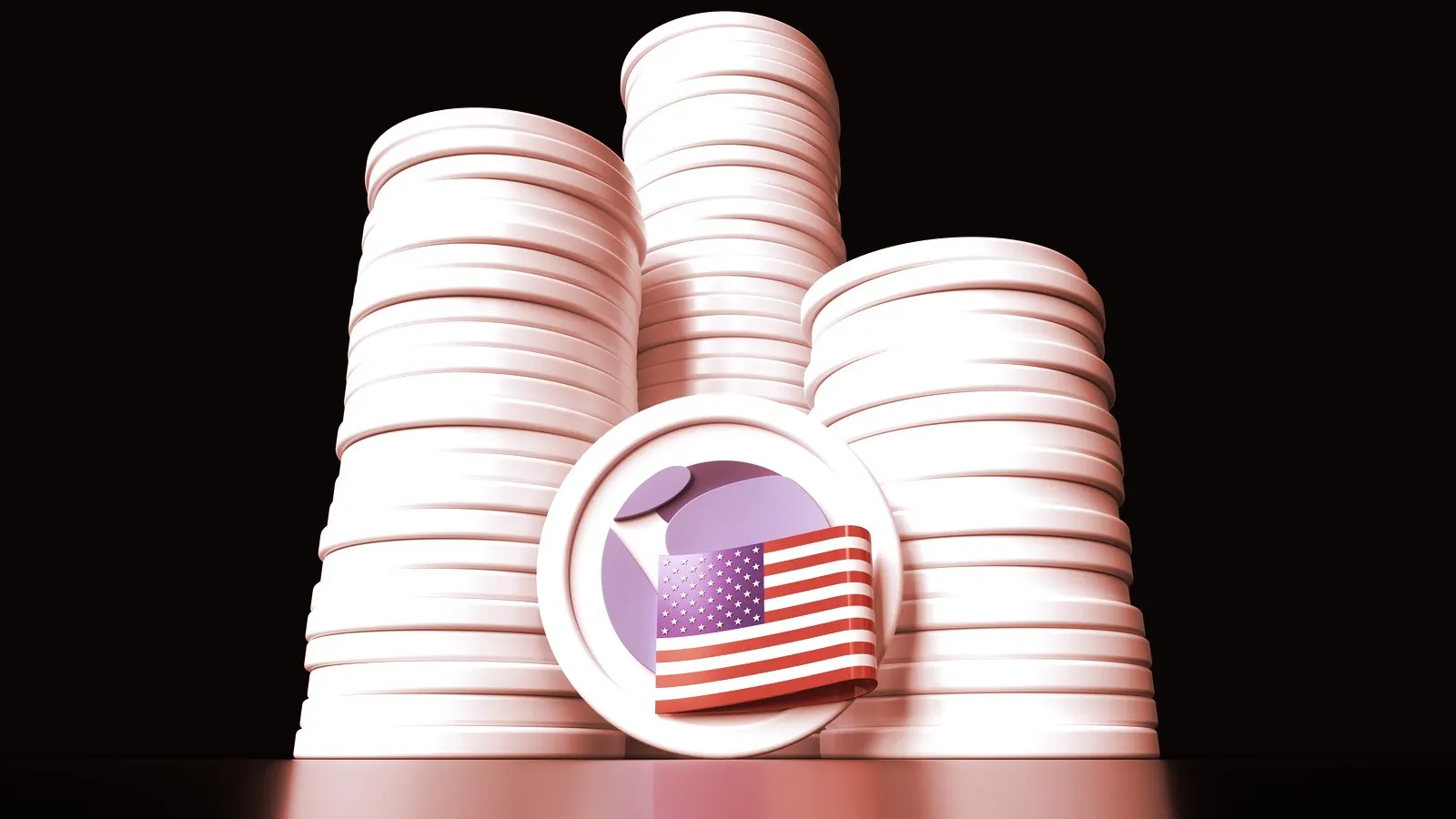Do Kwon, the founder and CEO of Terraform Labs, has broken his Twitter silence to reveal the Terra network's next steps in the wake of this week's crash.
"I understand the last 72 hours have been extremely tough on all of you - know that I am resolved to work with every one of you to weather this crisis, and we will build our way out of this," Kwon wrote.
With Terra's native dollar-pegged stablecoin UST having crashed as low as $0.30, Kwon's primary objective at the moment appears to be to bring the stablecoin back to $1.
As for the impact on LUNA, which has dropped by over 90% in the last 24 hours, it remains to be seen.
To re-peg UST, Kwon has proposed an increase the supply of LUNA on the market in order to absorb investors' attempts to offload the broken stablecoin.
"The price stabilization mechanism is absorbing UST supply (over 10% of total supply), but the cost of absorbing so much stablecoins at the same time has stretched out the on-chain swap spread to 40%," he wrote. "Luna price has diminished dramatically absorbing the arbs."
UST's dollar peg
The proposal would essentially lean into the network's native mint-and-burn mechanism (which Kwon referred to as the "price stabilization mechanism").
Investors can always trade 1 UST for $1 of LUNA; each time they do this, they also destroy that UST and remove it from circulation. This mechanism puts arbitrage opportunities front and center: Whenever UST falls below its peg, savvy speculators can buy the discounted UST and swap it for the $1 in LUNA. The buy pressure from scooping UST on the market plus the deflationary effects of reducing its supply normally keeps the peg.
At the moment, this mechanism, which has turned into the consensus trade over the past 72 hours, has ground to a halt with so many UST holders attempting to ditch their holdings at the same time.
"Starting from May 9th to May 10th, 2022, about $8B UST were withdrawn from Anchor Protocol," reads the proposal. "During the same period, only ~$1B UST were burned."
Anchor Protocol was Terra's most popular DeFi app, at one point hosting more than 70% of all UST in circulation thanks to its lucrative ~19% interest rates.
Thus, the proposal would increase the speed of this mechanism and increase LUNA's minting capacity from $293 million to $1.2 billion according to the proposal.
Terra calls it quits on 'mint-and-burn' mechanism
If UST ever recovers its $1 peg, Kwon added that the team would also "adjust its mechanism to be collateralized."
Collateralized stablecoins refer to those that are backed by other financial assets be it traditional assets or cryptocurrencies. Centralized stablecoins like Tether's USDT and Circle's USDC are reportedly backed by cash, Treasuries, commercial paper, and other similar assets.
Decentralized, but also collateralized, stablecoins like MakerDAO's DAI are backed by a combination of cryptocurrencies like Ethereum, USDC, Wrapped Bitcoin (WBTC), and other assets.
It remains to be seen, however, how such a collateralized mechanism would work for UST.
Daily Debrief Newsletter
Start every day with the top news stories right now, plus original features, a podcast, videos and more.

